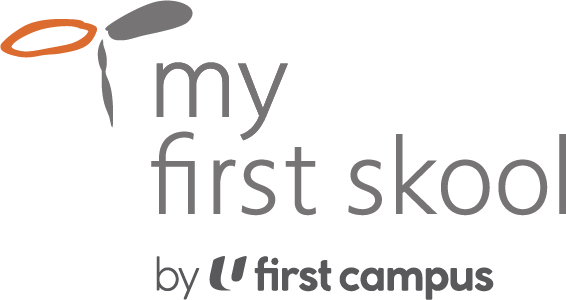How can we help?
Adopting a Relationships-based Approach to Primary School Education & Society
As children grow older, their network of family, friends, and peers grows with them; as does their understanding of the world and with it, all the new challenges and complexities of modern society.
Our relationships-based curriculum equips older children with the necessary skills and emotional strength from a young age. By the time they reach primary school, our children are more confident in adjusting to new experiences – all thanks to the right relationships with trusted adults who can bring out the best in them.
Seamless Transition to New Environments
Seamless Transition to New Environments
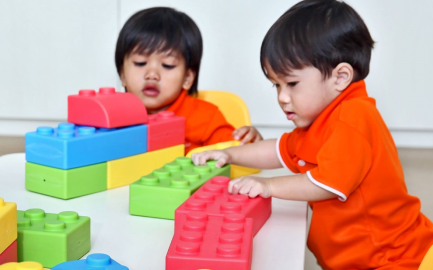
To ease children into society and primary education, our trusted teachers prepare both physical and virtual tours to selected primary schools. This helps to reduce anxiety and fear among children of moving to a new learning environment.
We also teach children real-life applications of everyday skills, such as learning to tell the time, make a schedule, manage money through role play in cafes or supermarkets. These activities help children navigate the world around them and be familiarised with basic educational concepts in primary school.
Building Social and Emotional Confidence
Building Social and Emotional Confidence
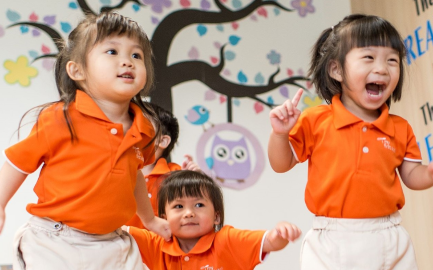
Over the years, a child’s social network grows bigger as they interact more with different kinds of people from within and outside their circle, such as teachers, support staff, and neighbours. We aim to create positive connections around every child, so that they can grow their social and emotional confidence.
My First Skool also encourages regular interaction with senior citizens, to help the children build a strong sense of community and empathy; and encourage a positive outlook towards growing older. As a result, our children are more respectful of the elderly and more adept at navigating the world around them — confident to face any challenges that come along.
Develop Critical Thinking Skills
Develop Critical Thinking Skills
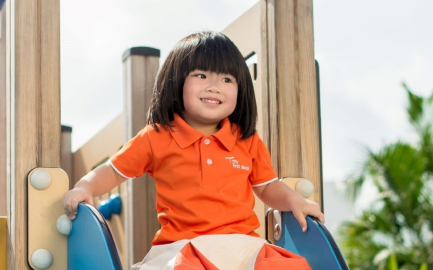
We encourage our children to be open-minded and consider other perspectives through regular show-and-tell activities. This simple, fun exercise of public speaking also motivates children to brainstorm together and talk about their challenges when faced with an unfamiliar situation.
Our children are also exposed to STEM at an early age, so they learn to research and experiment to reach correct outcomes. By integrating inquiry-based projects and collaborative learning into our curriculum, children are more likely to become critical thinkers, capable of logical analysis and problem-solving.
Better Understanding of the World through Mother Tongue
Better Understanding of the World through Mother Tongue
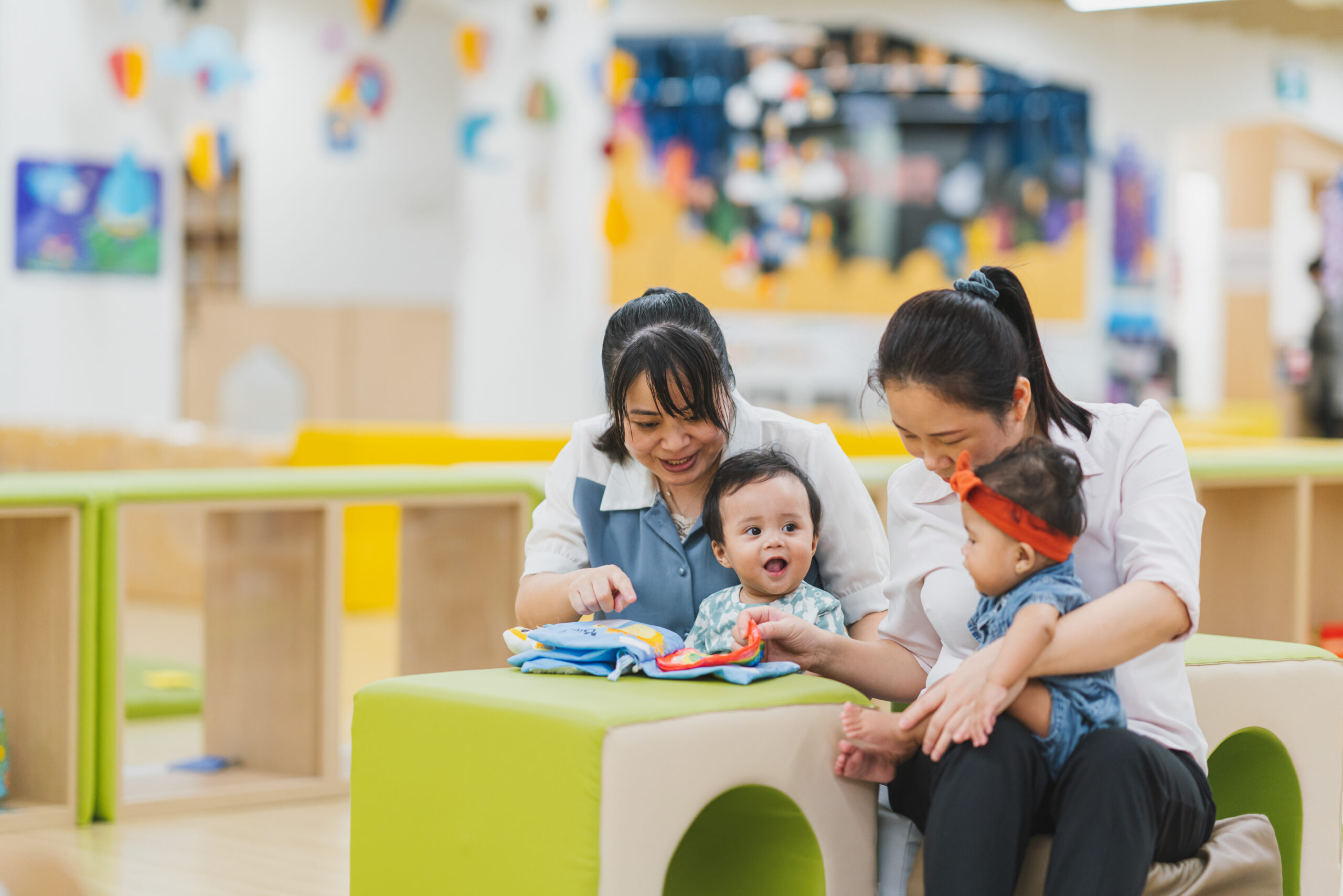
Once children have a strong grasp of their mother tongue, they are more confident to interact with those around them and the world at large. Their bilingual skills allow them to develop a sense of responsibility and appreciation for the world, which includes the society that they are a part of, living beings, the environment, and even one’s country.
The My First Skool curriculum was developed in-house, using English and Mother Tongue Language publications, songs, and specialised teaching aids to introduce etiquette and character building. Instead of rote learning, we emphasise the use of conversational and situational dialogue along with games and peer learning, so that children can use their mother tongue daily. Our curriculum was awarded the Lee Kuan Yew Fund for Bilingualism in 2020.
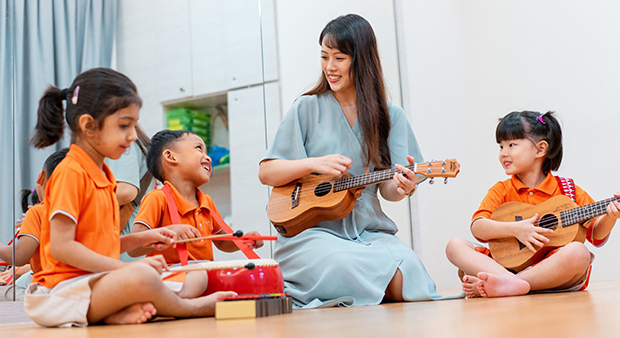
Helping children transition to the next stage of learning
We expose children to various dynamics, encouraging them to explore and embrace differences. Through thoughtfully planned activities, our teachers ensure that children are not only academically prepared but also emotionally and socially equipped for the exciting path ahead in the big school environment.
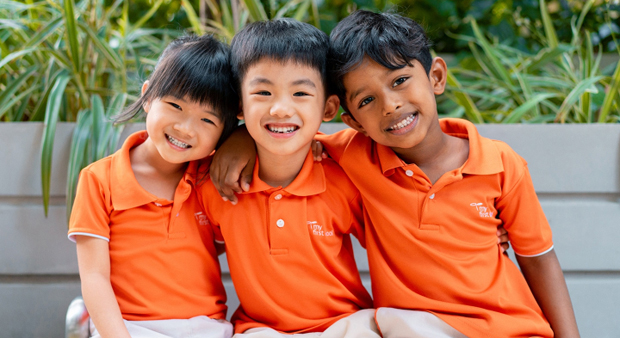
Start Your Child’s Learning With Confidence
Registration only takes 5 minutes
